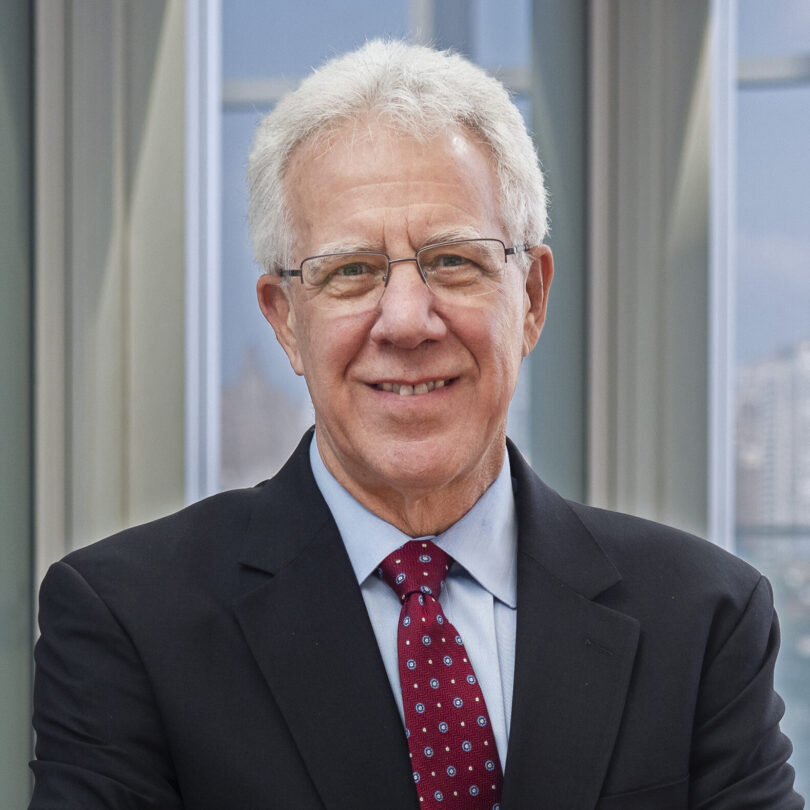Lawrence N. Shulman, MD, a medical oncologist at the University of Pennsylvania’s Abramson Cancer Center, discussed US cancer surveillance challenges in a recent interview with SOHO Insider. With over 40 years in oncology care, Dr. Shulman noted his involvement with the National Cancer Policy Forum, which examines national cancer care issues.
Dr. Shulman explained that the CDC oversees cancer surveillance, requiring hospitals to report cancer cases to states, including stage and survival data, which are then sent to the CDC. The American College of Surgeons’ National Cancer Database captures data from programs covering over 70% of US cancer patients, while the NCI’s SEER database tracks incidence and mortality. These systems, he said, provide critical national data for hospitals and researchers.
Underfunding these programs has consequences. “Data is critical in understanding the trends of cancer,” Dr. Shulman stated, noting it reveals risk factors like smoking and obesity. “If we don’t have the data, we don’t know what the problems are,” he added, explaining that without data, “we can’t develop interventions to try to improve the situation,” affecting public health efforts.
Dr. Shulman noted that hospital cancer registries rely on certified registrars to manually extract and reenter data, calling it “a very inefficient way” that leaves many registries two to three years behind. “The concept of manually extracting and manually reentering data doesn’t really make much sense.” he said, citing delays that hindered understanding COVID-19’s impact on cancer diagnoses and treatments. With fewer registrars and strained hospital budgets, he urged better use of electronic health records to make data collection timelier and more cost-effective.
Dr. Shulman stated that cancer is the second most common cause of death in this country and one of the most common causes of patients suffering. “We need to know as much as we can about cancer,” he concluded, affirming surveillance’s role in public health.







